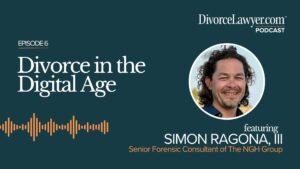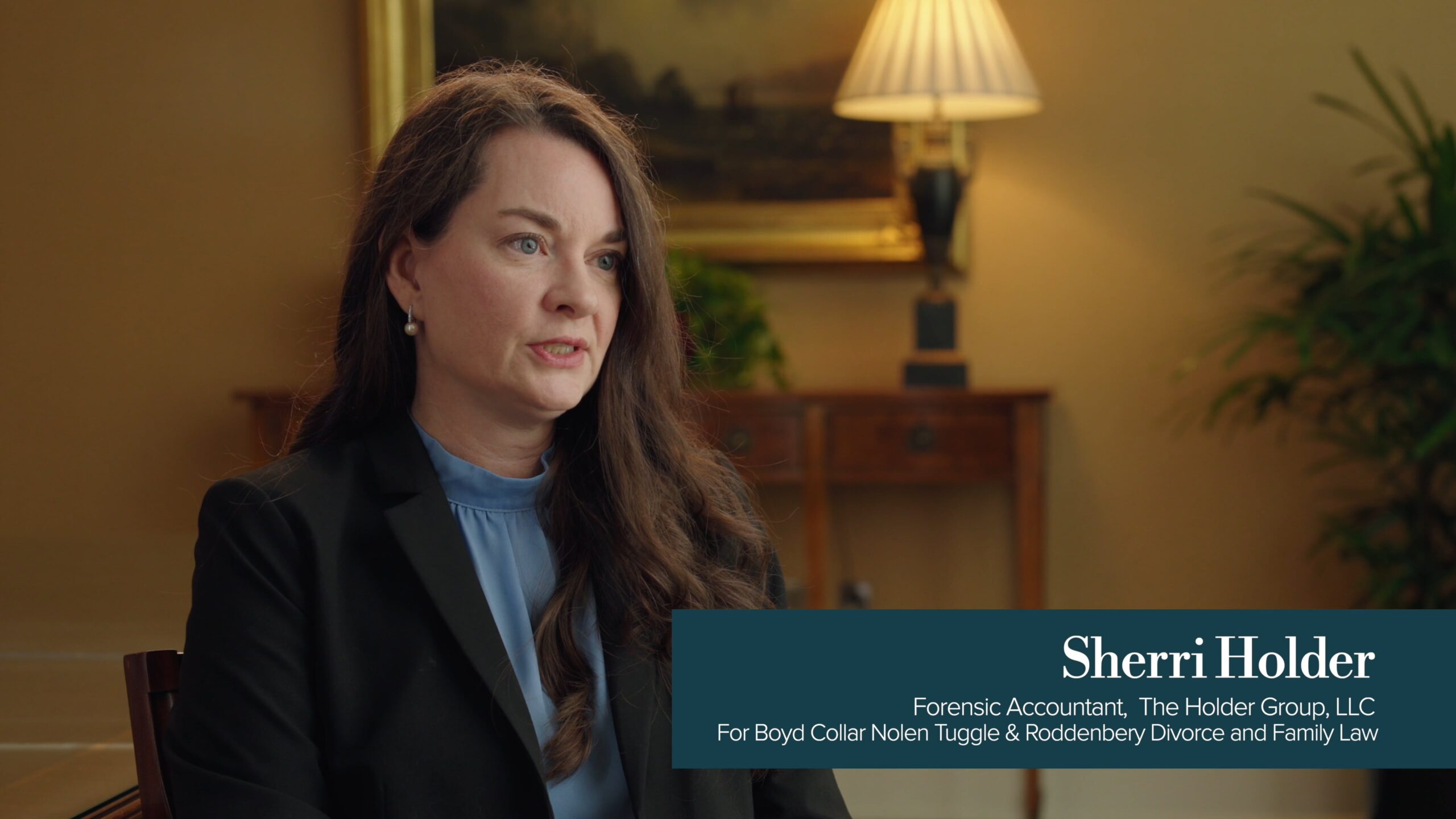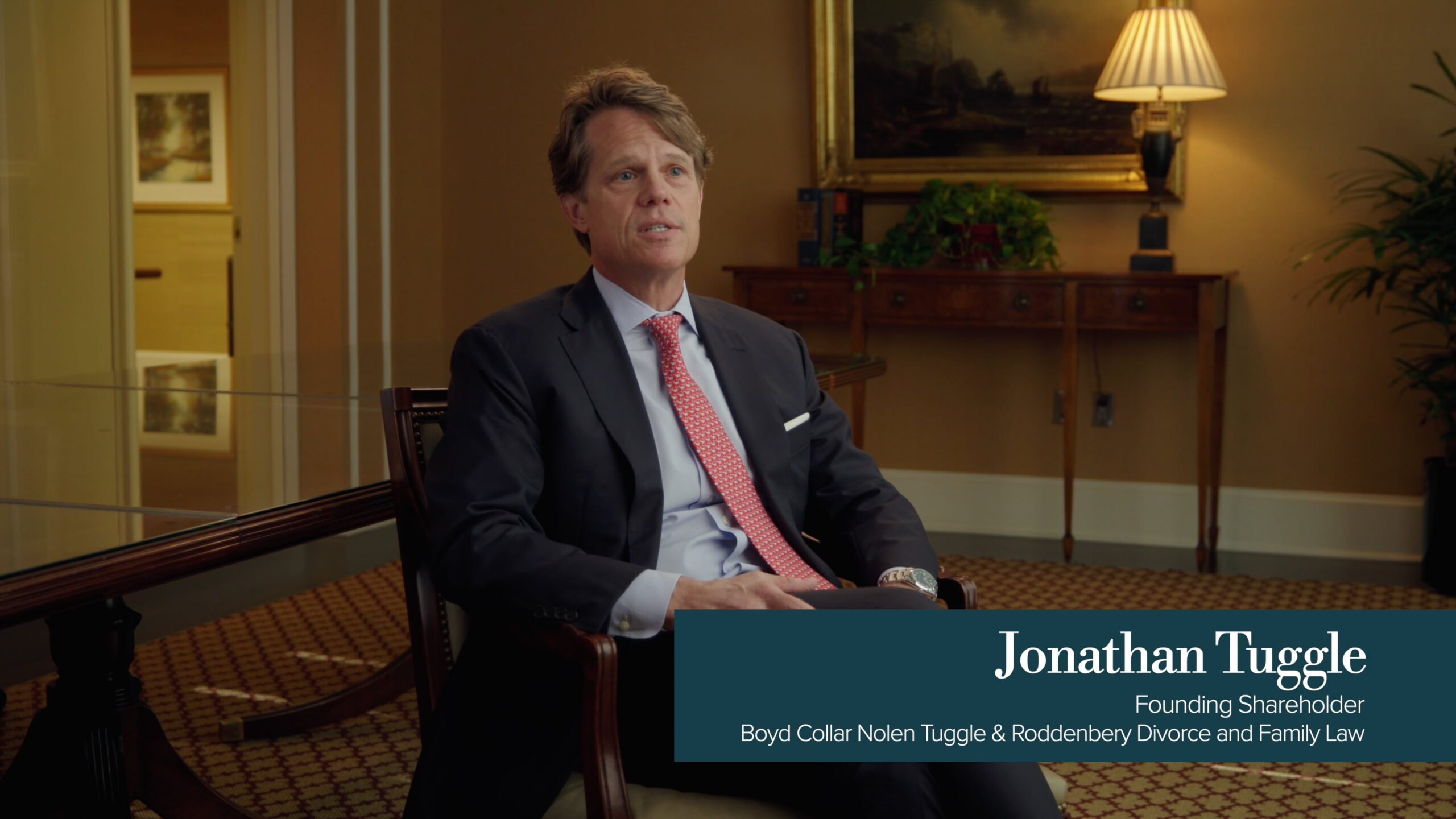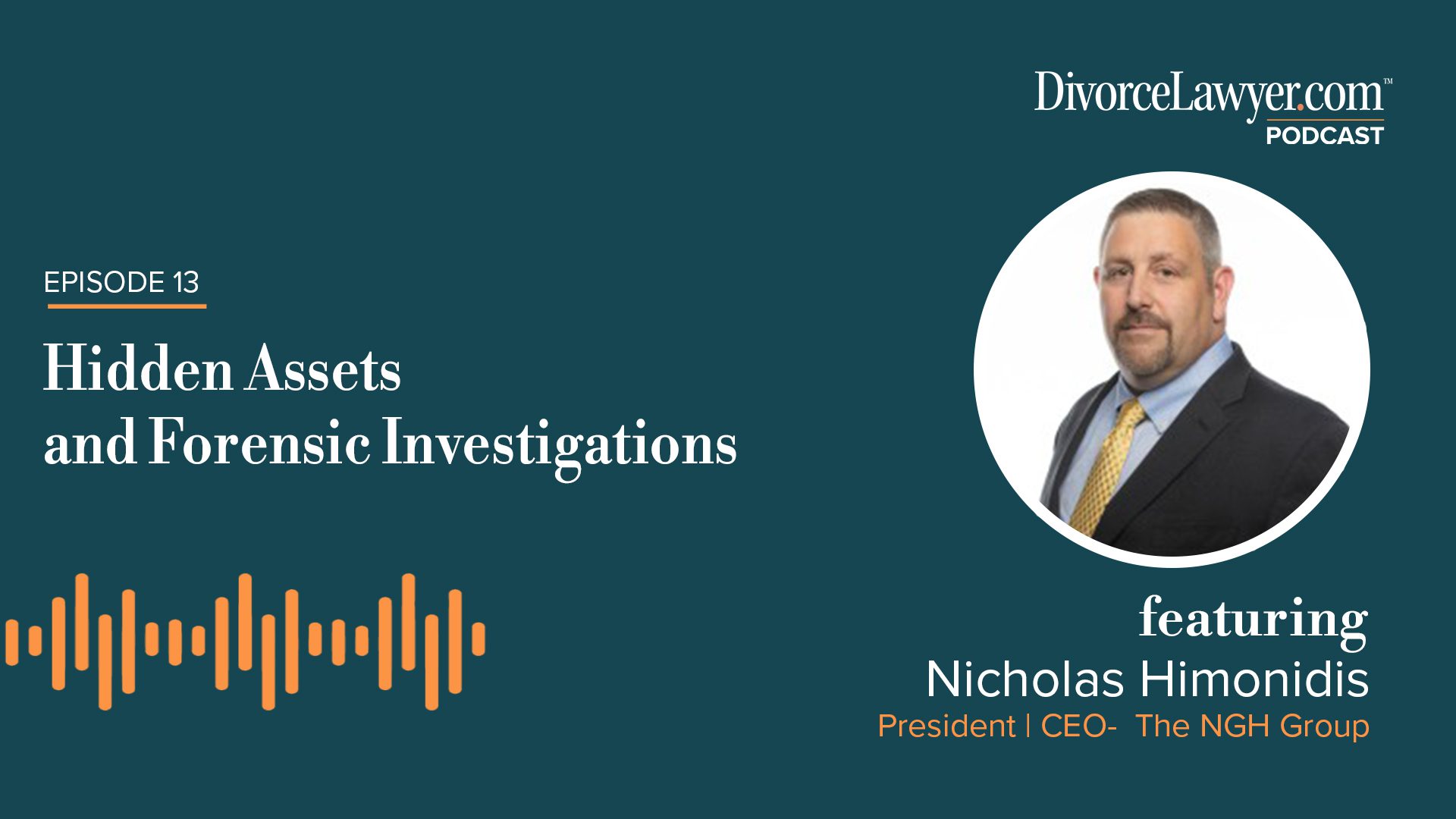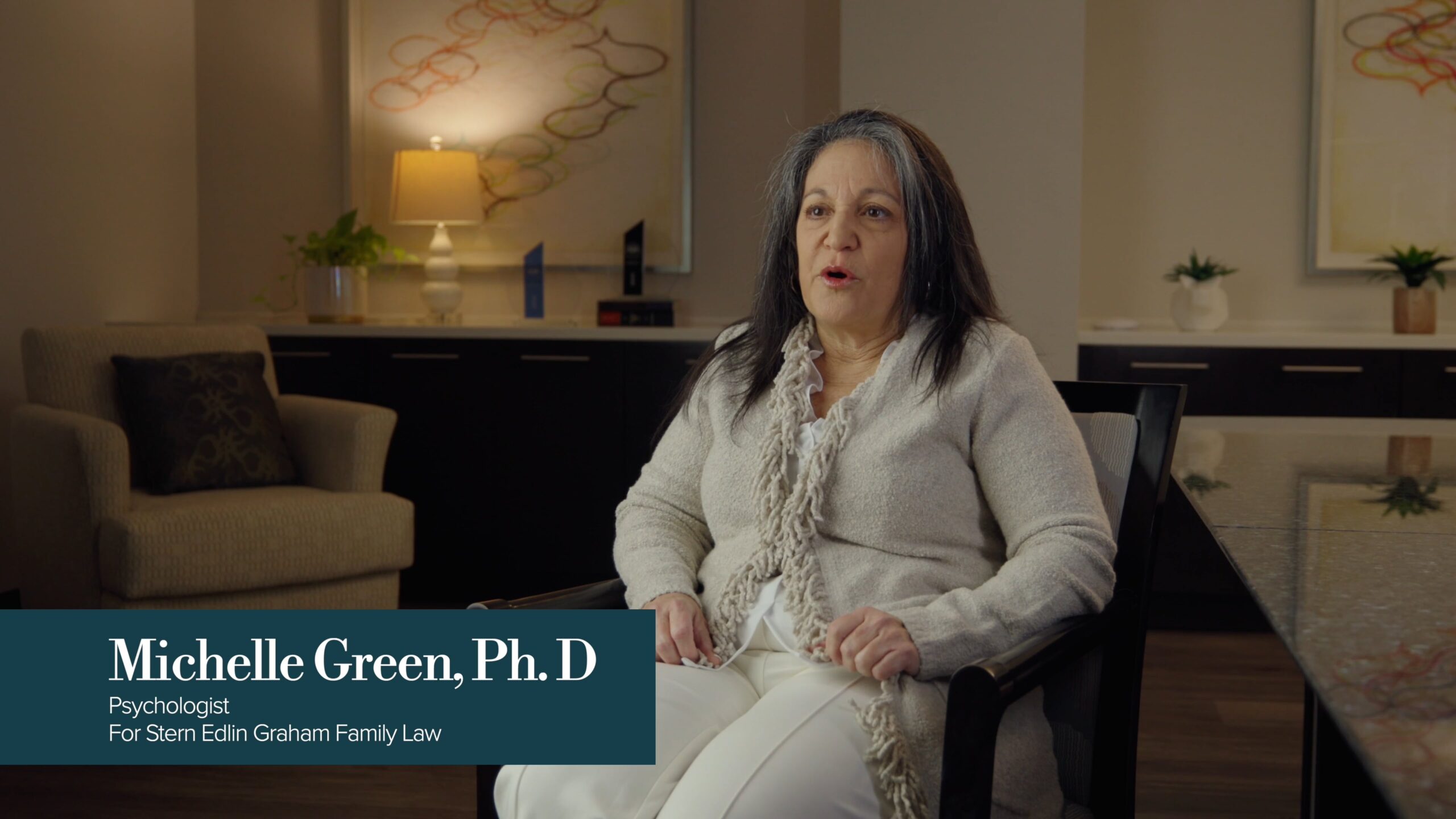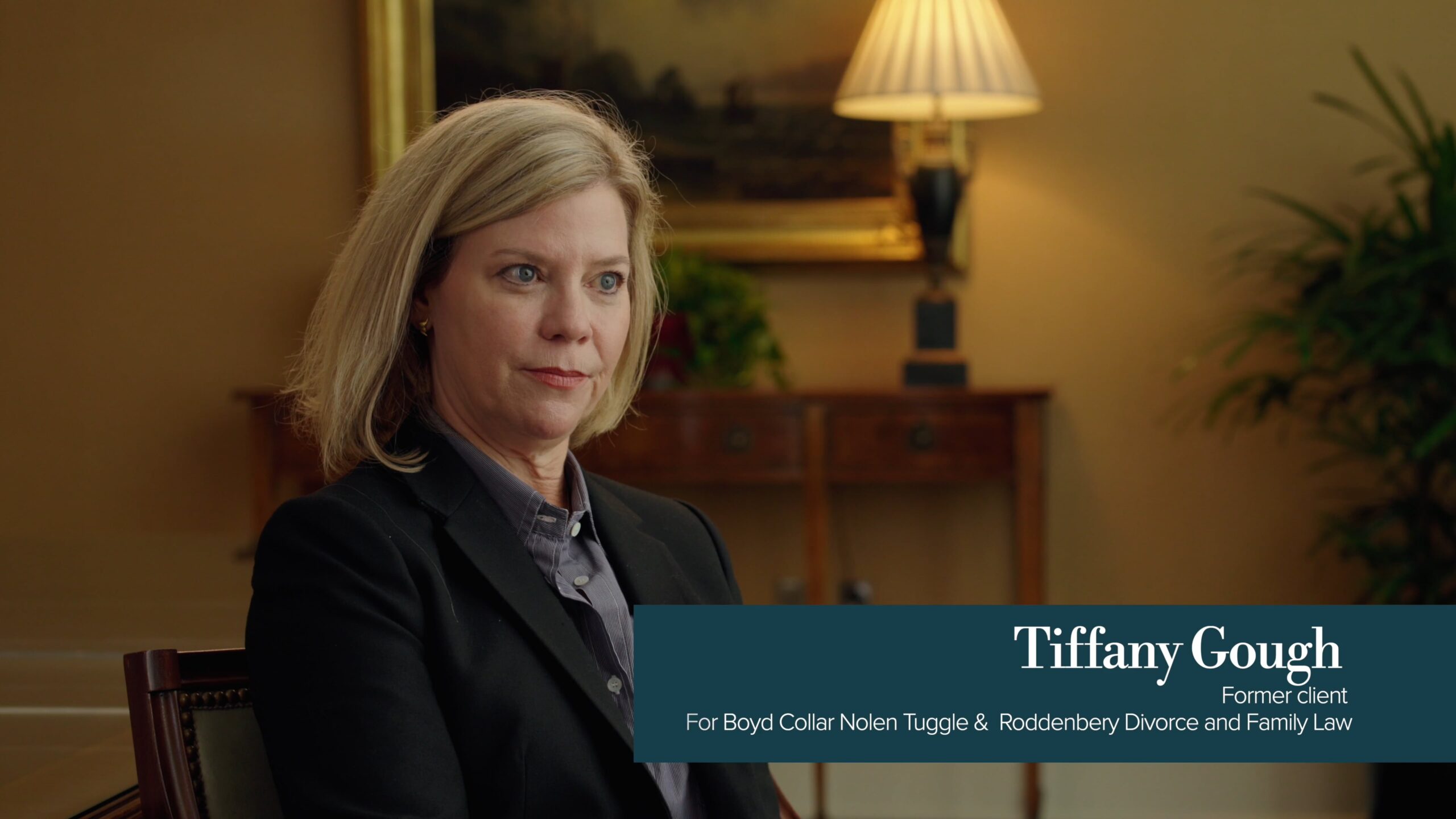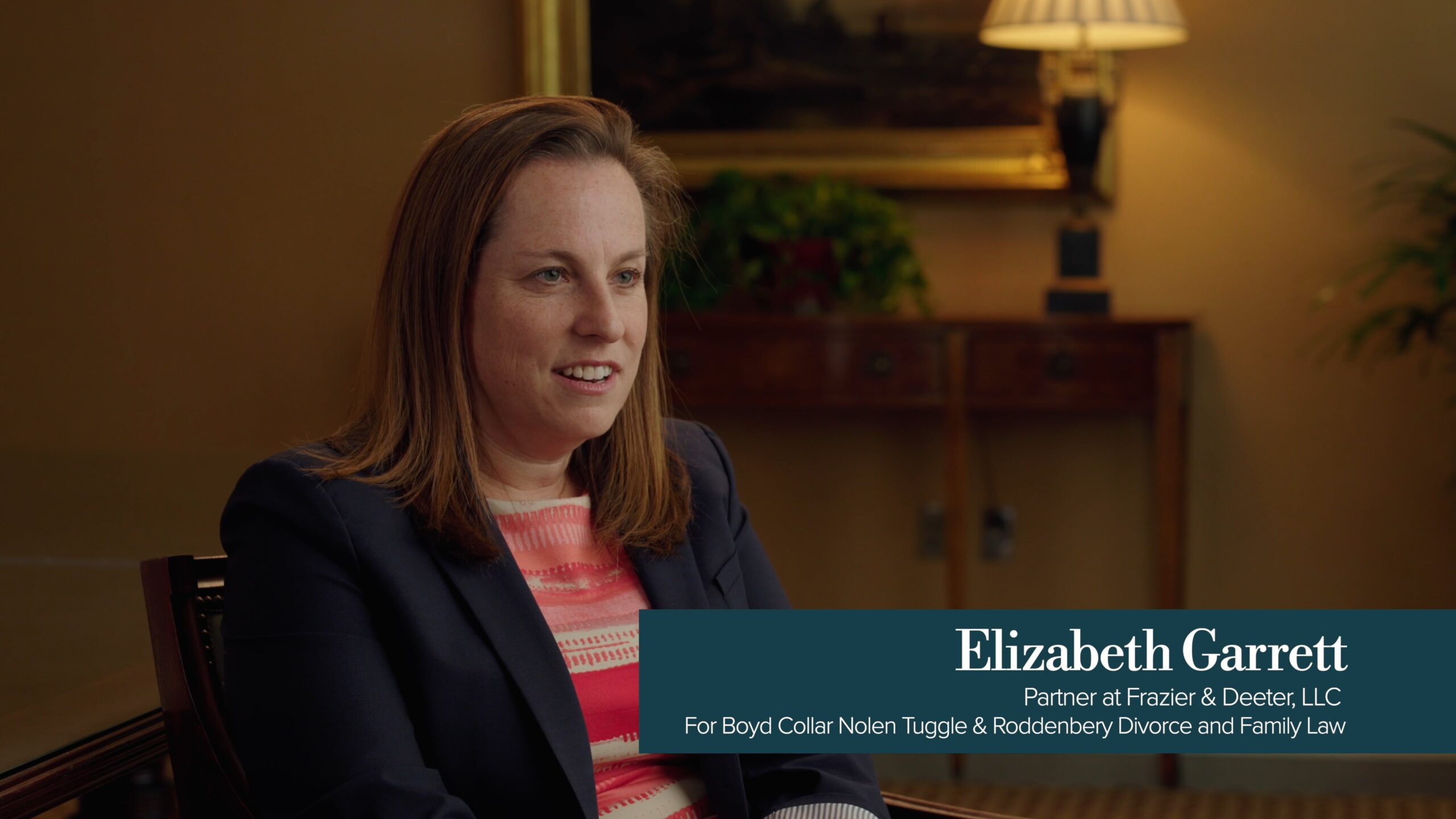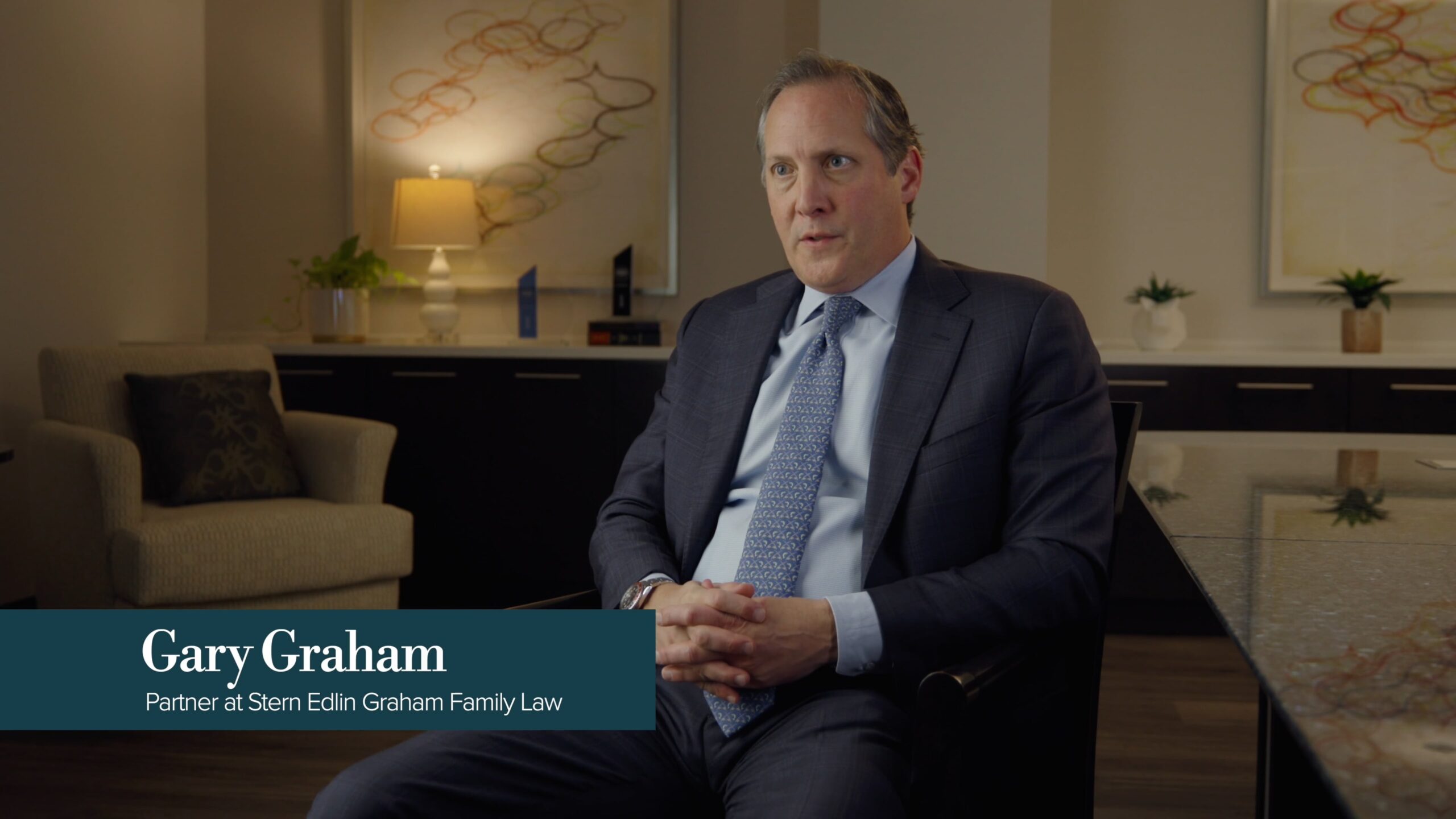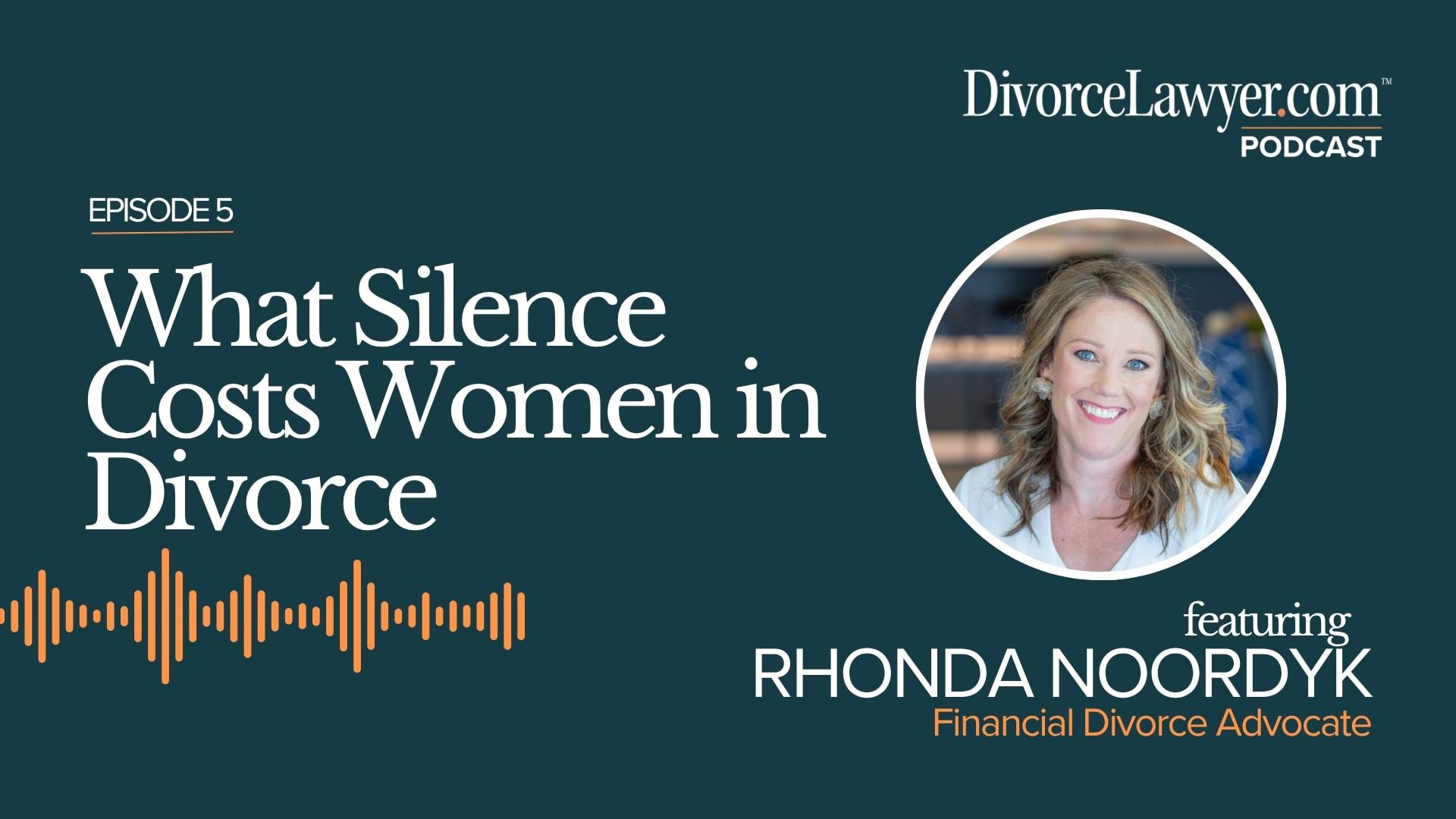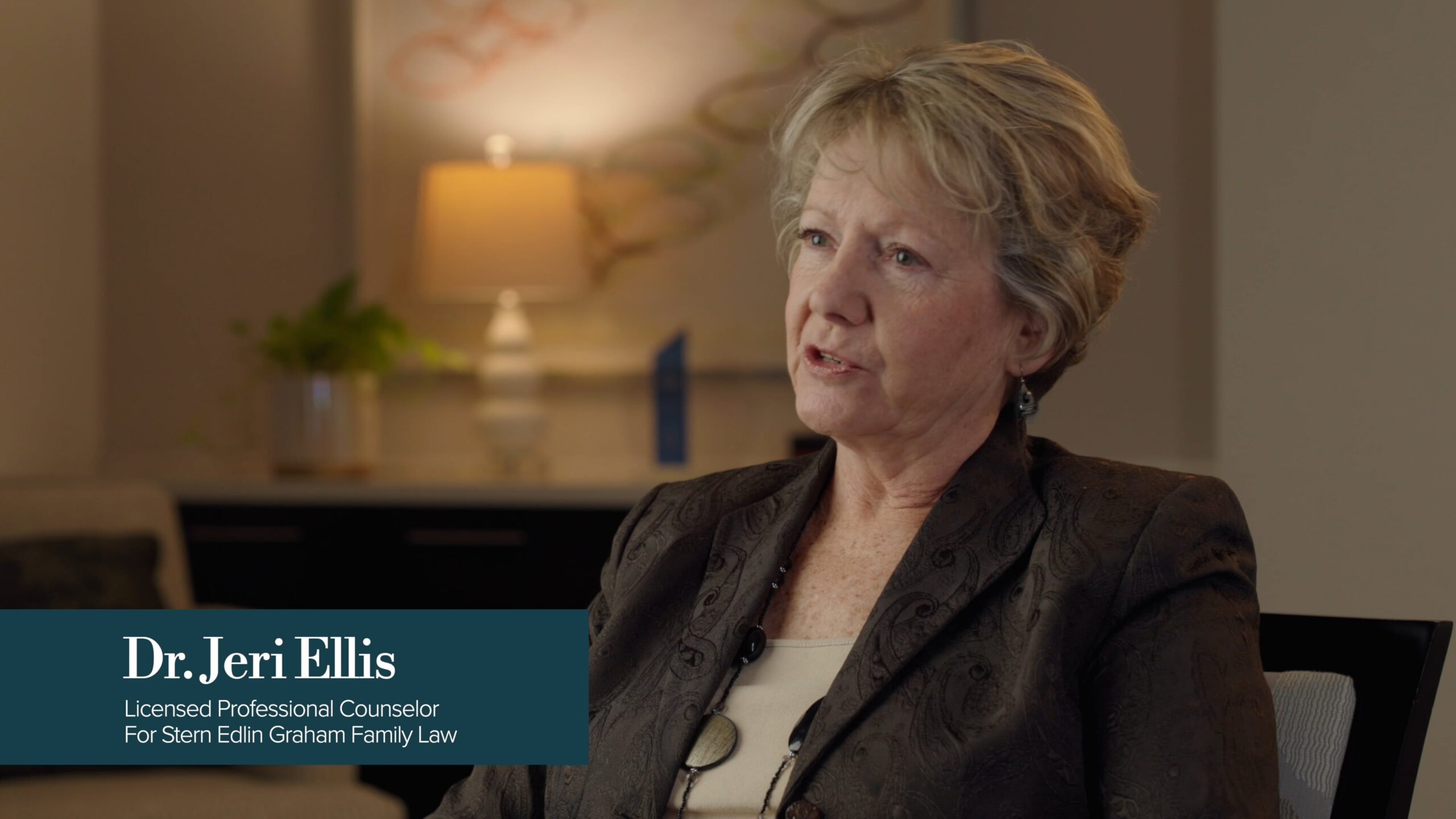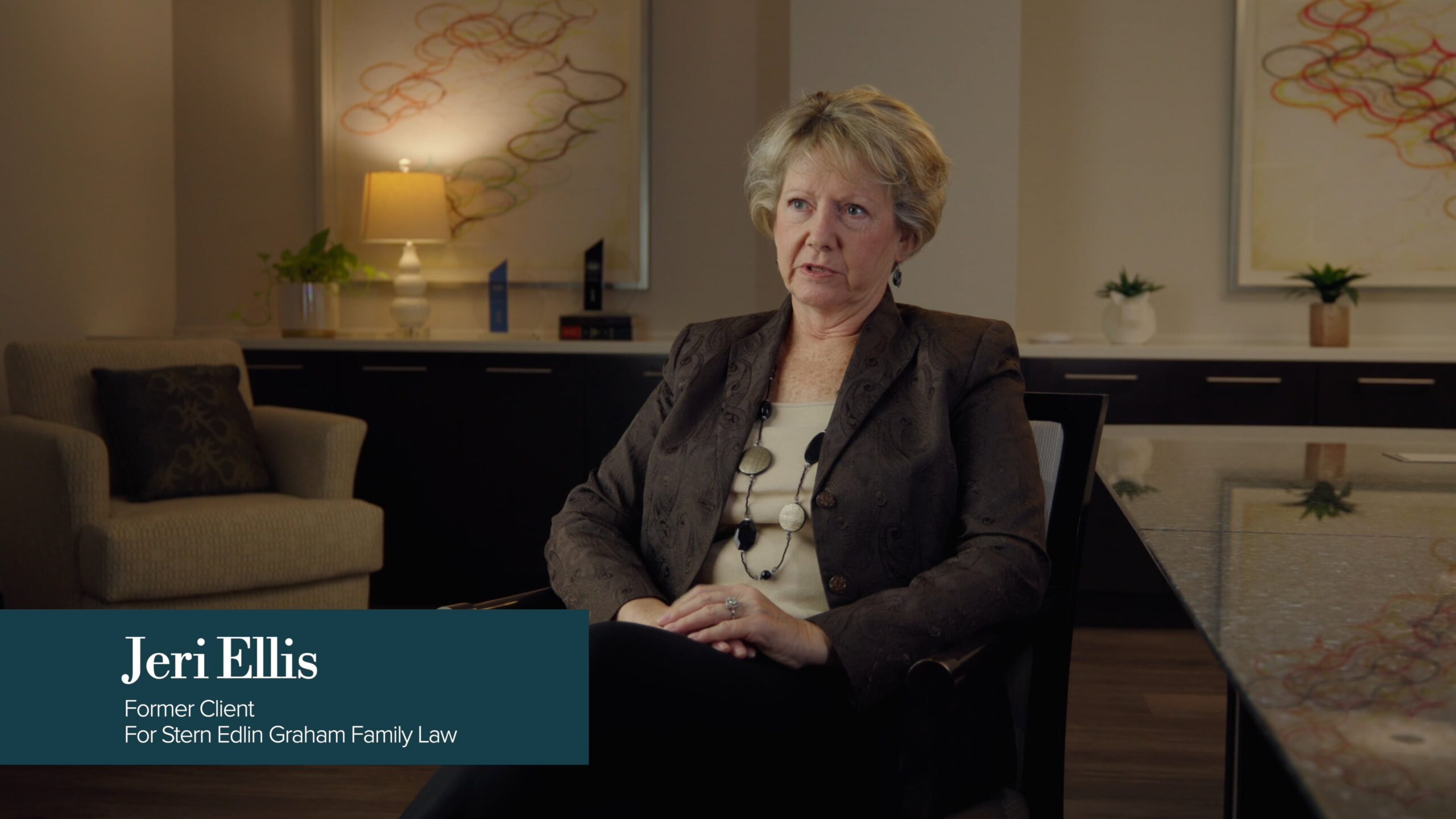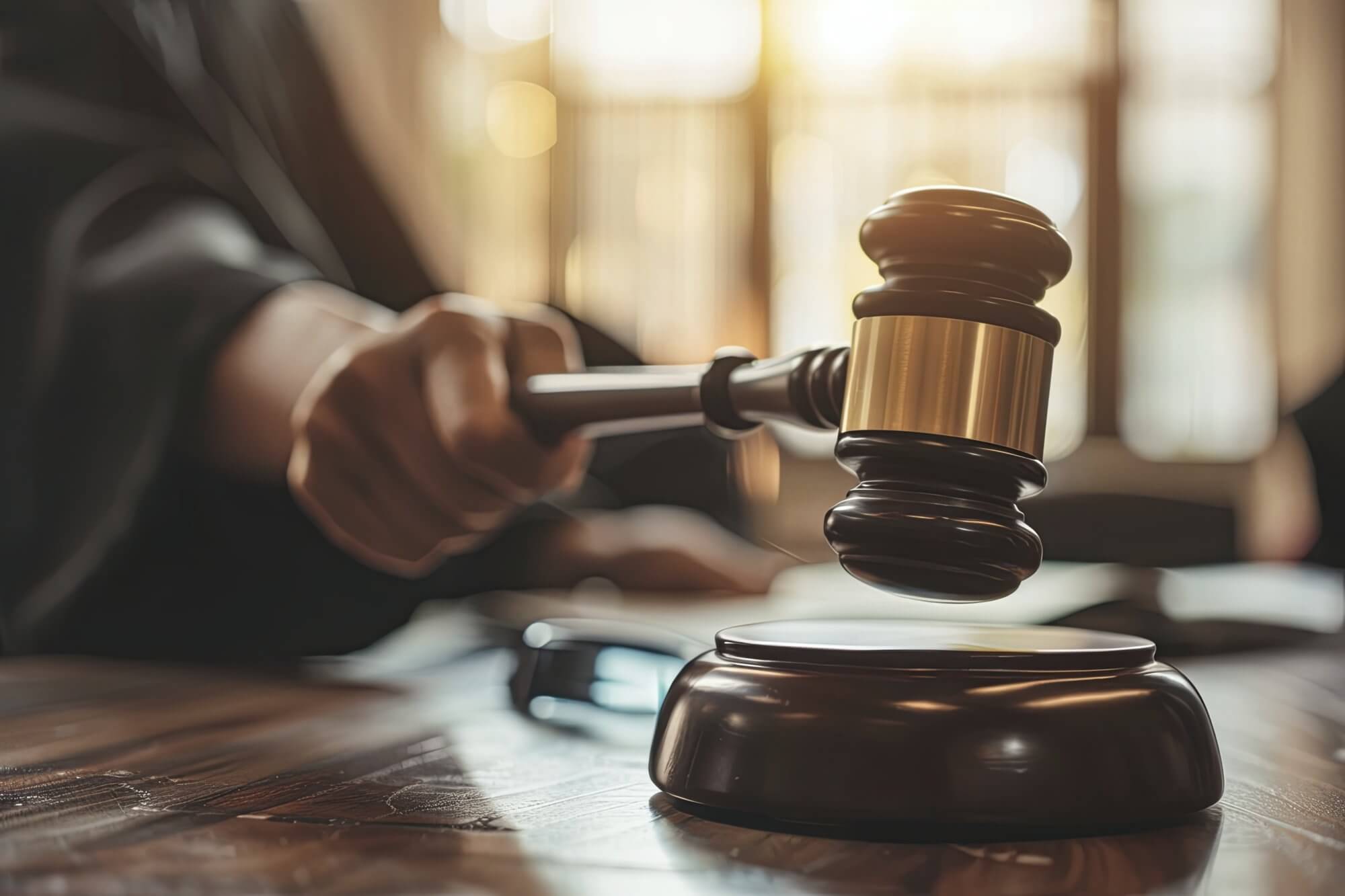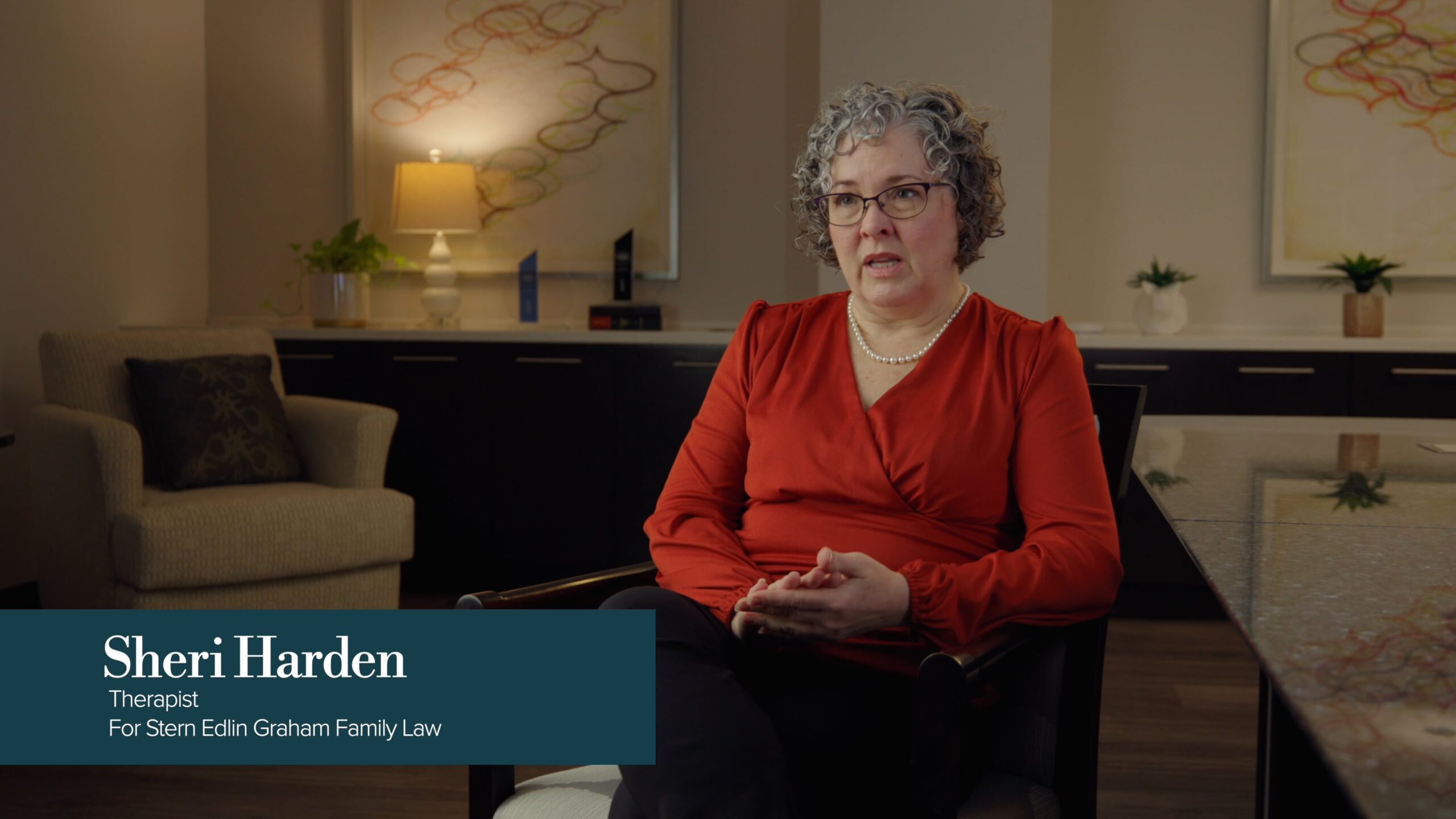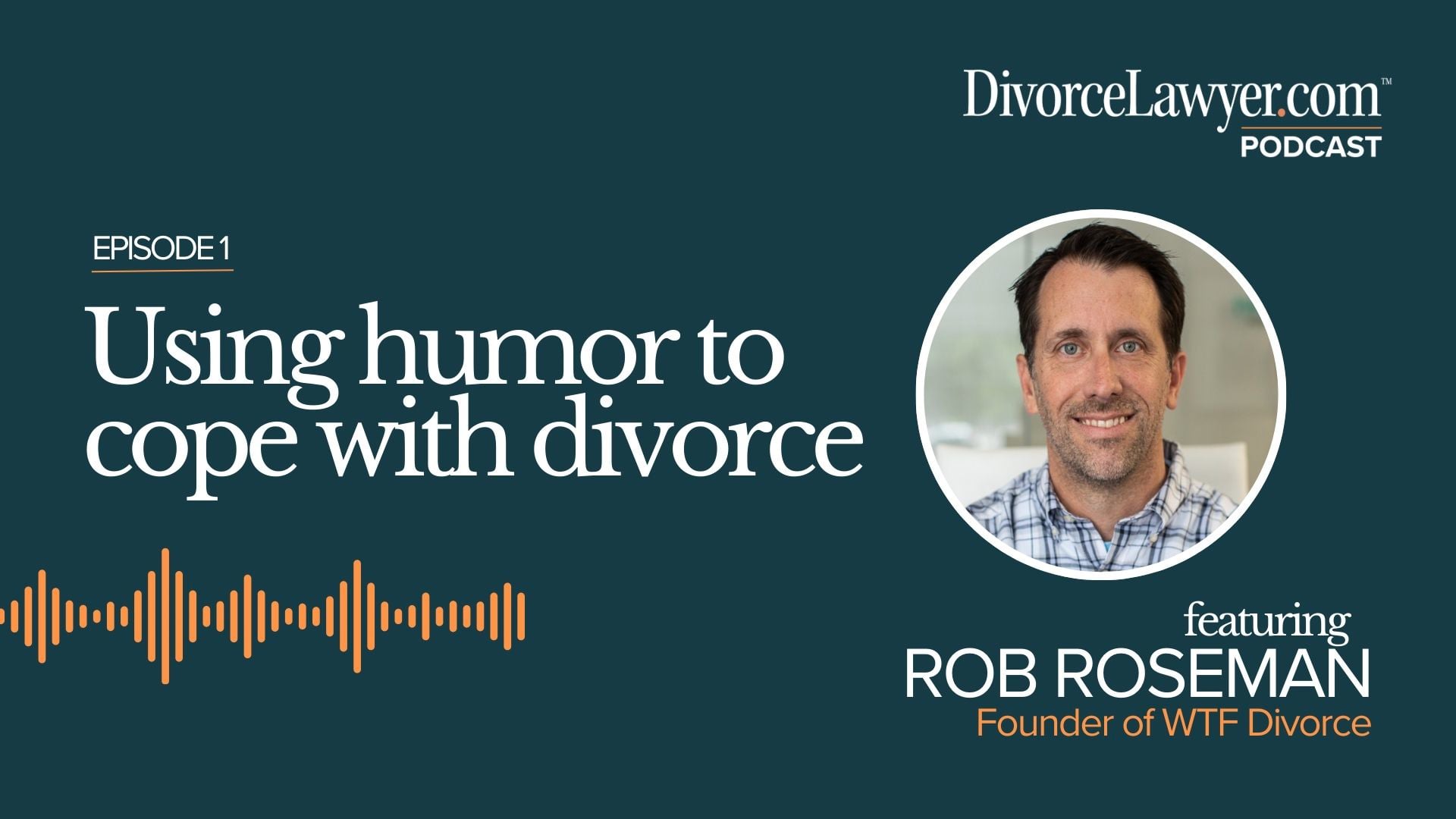Divorce in the Digital Age
OVERVIEW
In this episode of the DivorceLawyer.com Podcast, host Rob Roseman talks with digital forensics expert Simon Ragona of The NGH Group about the critical role technology plays in modern divorce and custody cases. Simon shares how overlooked tech issues, such as shared accounts, poor password practices, and unsecured devices, can create significant risks during a split. He discusses how AI, spyware, and hidden cryptocurrency assets introduce new layers of complexity, and emphasizes the importance of taking early action, maintaining clear documentation, and seeking expert support to protect sensitive data and identify digital threats. Simon also provides practical steps to enhance cyber hygiene and protect personal and family information.
HIGHLIGHTS
- Overlooking tech separation is a major mistake during divorce.
- Shared accounts can leak sensitive data to the wrong hands.
- Children’s devices may unintentionally enable surveillance.
- Create new emails and Apple IDs for divorce communications.
- Use password managers and enable two-factor authentication.
- Don’t accuse. Document suspicious activity with screenshots.
- Spyware and unauthorized access are illegal during divorce.
- AI tools can create fake evidence, like texts or audio.
- Hidden crypto assets can be traced through blockchain analysis.
- Engage digital forensics experts at first suspicion.
TRANSCRIPT
Rob: Welcome to the DivorceLawyer.com Podcast. I am your host, Rob Roseman. Today, we are lucky to be joined by Simon Ragona from the NGH Group. NGH Group is a digital forensics expert who helps uncover deleted texts, hidden spyware, and digital threats, especially. And this is why we’re talking here today in high-stakes divorce and custody cases. With 20 years of experience, Simon works with attorneys and clients to help secure evidence that can make or break your case. Simon, thanks for being here today.
Simon: Thanks for having me. Looking forward to the conversation.
Rob: Yeah, just, we were just talking before we started recording how it feels like we’re in like the early to late 90s Internet days. It’s crazy how much, how fast things are changing today.
Simon: Yeah, technology’s moving. We’ve got AI, we’ve got different types of machine learning, cryptocurrency. It’s all getting very interesting.
Rob: Yes, and divorces are not going away. So it’s interesting to see how these two industries, problems, everything are gonna mesh. And I think it’s really important stuff we’re gonna share here today for people that are listening and going through it.
Simon: For sure, we’ve got some good stuff to talk about.
Rob: All right, well, let’s hop right in. We got a bunch of questions. So let’s go with the first question here. What is the biggest mistake people are making when they’re going through a divorce? In regards to their tech?
Simon: Yeah, yeah, obviously in regards to tech. So, you know, the biggest mistake that I see is, you know, a lot of people just kind of get caught up in the divorce itself. A lot of times there’s kids involved, obviously, there’s finances, there’s properties, and a lot of people forget about their technology. And depending on how long people were married or together, there could be a lot of overlap there. A lot of shared accounts, a lot of shared devices, and oftentimes, people will forget about that, especially in the early stages of divorce. Emotions are running hot. There’s a lot of things going on, and eventually you’ve got to separate those, you know, from those accounts and from that technology. But a lot of people forget that. So that’s generally the biggest mistake I see is they just, you know, that kind of hits the back burner as they’re going through things.
Rob: What might that look like? Because even yesterday we have the Apple shared account with my ex and the kids, and I want to download this. You got all these emotions, all this tech overwhelm is a lot for us on a. On A regular basis. Now we throw divorce into it. Is there, when you say shared accounts, what would be like a one-action step somebody could do today to help mitigate some of this risk?
Simon: Yeah, yeah. I mean, you came out with something that I see very often, and it’s the Apple shared accounts, Apple shared devices. And I will say Apple has gotten a lot better over the years as far as providing that Apple family sharing and people will have different Apple accounts or, as we know them, Apple IDs. But sometimes, and I still see it today, where it’s a single Apple ID that was used to set up a primary device, possibly you get a new iPad. Now your Apple ID is on that old iPad that might be sitting around the house. And a lot of times, what’s happening is data is getting synced, whether it’s text messages or different application data. So that’s one example of a shared account. But it can go a little bit deeper there.
Even the Internet that’s coming into the house, you could even have your cell phone plans. Literally any sort of cloud account that somebody set up for could have been shared, where it’s one single ID that’s used for both. But that’s where I see a lot of overlap and sharing. And then again as you introduce kids into the situation now you’ve got kids accounts and kids devices, which those can, for better or worse, those can ultimately, you know, be used as surveillance devices and whatnot.
Rob: Yeah, and that’s a great point. What can people do to protect their kids’ devices and data during a custody dispute? Is that something you want to jump right into? Take their device and disconnect it, or what would you advise somebody when they’re in the midst of this?
Simon: Well, kids’ devices can be a challenge. You know, whether you’re going through divorce or not, parental controls and what kids can or cannot have. You know, really, when it comes to divorce, though, it’s making sure that the kids’ devices don’t have your login information. So the mother or the father doesn’t have your email account or your iCloud account logged into it. Because again that child device is probably going to be going back and forth, especially if there’s physical separation at some point. So it’s really making sure that the kids are ultimately set up with their own accounts and not using the parents’ accounts, but going back to the parents’ accounts and any sort of shared accounts. One of the first things that needs to be done is to separate yourself from any accounts that you might have shared or any devices.
Even if you have to go out and get a new device or sign up for a new account, it can kind of be a little bit of a pain. But at the end, it’s going to be worthwhile to make sure none of your data is flowing into somebody else’s hands.
Rob: Yeah, I hear that a lot. Whether that might look like, as a really basic first step, setting up a new email just for you, or maybe a new Apple ID just to like starting now on my phone, I know I’m logged into this when I’m doing a lot of this communication that I might not want my partner to see.
Simon: That’s right, that’s right.
Rob: Yeah.
Simon: Again, it may be a little bit of a pain, especially if you’re truly sharing an account. If you have a single email account, you know, you don’t really see that. But a lot of times, it’s those devices that may just have somebody else’s login information stored on it, or it’s set up to receive that information. But you really want to go through and do a complete audit and inventory of what you have. It truly needs to be added to that checklist of when you’re going through a divorce. Whether it’s early stages, thinking about divorce, or you’re in the middle of a divorce, or even after, there’s no wrong time to do it, the only wrong move that can be made is not doing it at all. And again, that’s where there could be information going out the door into the wrong hands.
And a lot of times, I see these divorces getting very nasty, very ugly, and one party or another may be really looking to get a leg up in the divorce and trying to get information. And the number one step from a technology standpoint to protect yourself is to make sure you separate your devices and separate your accounts.
Rob: Yeah. And you said it here. For anybody listening, we all know firsthand of how big of a pain in the ass is. I get an Apple request from my kids, and I gotta log out and log in and just. It’s like that friction alone that they create is enough to be like, I don’t even want to deal with this. And maybe you can get away with that. You know, when you’re married and things are going well, but when you’re in the midst of a divorce, it’s like you almost have to prioritize these annoying tasks that you would much rather just kick to the curb.
Simon: Yeah, that’s right. And depending on your typical behavior going into it, and what I mean by that is it’s kind of your cyber hygiene. You know, are you the type of person that uses the same password for everything, the same PIN code for everything? You’re writing your passwords down on notes, or even saving them in a contact card or your notes application on your phone, which I discourage because that information, as we say in the tech space, that’s clear text, that basically means it’s not encrypted, somebody could gain access to it. As opposed to encrypted credentials, encrypted data where you’re storing that using a password manager, you know, like Apple Keychain, a lot of people would be familiar with there. But yeah, though, it depends on what the hygiene is going into it.
And a lot of times, you know, in the best case scenario, is where I see people understanding that I need to clean up my own behavior in regards to my passwords. This is an opportunity for me to reset all my passwords, start storing them in a password manager. And you know, sometimes I describe it as, listen, this is a little bit of a rainy day activity. When you’re in bed, a lot of people are just scrolling through their phone, looking at social media, looking at other things. You can start chipping away at it. Then, you know, you hit two or three accounts, change the passwords. You know, it’s going to take 10, 15 minutes. But, you know, once you start doing it becomes easy and comfortable. But the last thing you want to do is say, you know what? I forgot to do it. And that’s how they got this information. So you don’t want to kick yourself.
Rob: Yeah, it’s a great point of like breaking it down into an actionable thing where it’s like, for 30 minutes today, I’m going to set up the password manager that I probably knew I should have done. But now it’s almost. In a lot of ways, divorce is like a rebirth. And you’re gonna start going to the gym, and I’m gonna be eating better. I’m gonna do all these new things. And one of them, something we don’t like to think about, is like, I gotta get more organized. And in reality that might be cleaning your house, but your computer and your devices, this is like a forced, it’s an opportunity to do so, but it’s, it is a, an urgent thing that you really, you need to prioritize and you need to break it into like an actionable thing.
Because I think all of us are like, this is too much. And now I’m scrolling TikTok and seeing my ex post or something like that. So, yeah, empathy to anybody out there, this is an overwhelming thing, but just so important today.
Simon: Yeah. And one more point I’ll mention is that, you know, sometimes it’s one party, you know, whether it’s the husband, it usually is the husband that may have been the one to set up all the tech, you know, the one that’s more tech savvy, that set up the router in the house and owns the Internet plan, owns the cell phone plan, helps set up your email accounts. Those are the things and those are the situations that I would say are most critical, you know, and people that find themselves in the situation of, well, I never set any of this up. I don’t know anything about it. You know, I’m a tech dinosaur. You really have to go out, find a friend, find a relative, find somebody that knows how to do that stuff that can help out with it.
Because you know, those situations where one party set up all the tech and the other one’s clueless to it are a lot of times where there’s, you know, what I would call maybe a back door where there’s a recovery account set up in that other person’s name or you know, there may be other devices linked to those accounts that you have set up and that’s where you’ll see that information bleeding out to somebody else.
Rob: Yeah, it’s a great point as to like find in the whole divorce process, it’s like finding help more than just your divorce lawyer. And that could be the tech-savvy friend that you can trust because doing it all on your own is going to be overwhelming. And you know, we’ll talk about what The NGH Group does and how they can help you. But yeah, I imagine like this is a service that everybody’s like, please just, just do it for me. So make the ask to a friend and you’d be surprised. A lot of people are happy to help you, but you do have to ask them.
Simon: That’s right. That’s right.
Rob: How about during the process if you suspect that your ex is still accessing your email or your social media, what would you advise somebody could do?
Simon: So the very first step, because this could be something where you get an email notification or a pop-up notification on a device, and you have that gut feeling that somebody, and maybe you have that gut feeling that it’s your ex, regardless, immediately change Passwords to those particular accounts. And you want to start with the accounts that are most critical. Those are going to be the ones that hold communications, especially if you’re having communications with your attorneys. And those privileged communications, likely in your email account, immediately change the password. If you’re using an Apple or Google device, you want to make sure you change those accounts right away, right off the bat. And then the next ones, any more consequential accounts down the line might be your financial accounts.
And then especially, I talked about cyber hygiene and typical behavior if you use the same password across all of your accounts or a variation of it. Unfortunately, it’s more accounts that you’re now going to have to go through and change passwords for. But if you suspect something, the immediate first step is to change your passwords and then implement two-factor authentication, also known as multi-factor authentication or two-step verification. And a lot of people are probably aware of what that is nowadays. But that’s where you’re going to get a PIN code texted to your phone or an authenticator app is set up, where you’ll get, where you enter a particular code to verify your authentication to that account. That’s critical. Those are gonna be the first two steps to do.
And then the third item is really gonna be refrain from making any changes as far as you don’t wanna delete an account or disable an account, suspend an account, try to go about, quote unquote, investigating it yourself. And this is where we at the NGH Group typically step into a project or an investigation is when somebody suspects there was foul play in their accounts and an unauthorized user, they think it was their ex. Maybe they have evidence to show, yeah, I saw his or her iPhone pop up and requested authentication or yeah, authentication to the account. But you want to refrain from making any of those changes because that from our standpoint can hinder an investigation of critical evidence that will ultimately prove that somebody was doing something nefarious to those accounts.
Rob: Don’t go doing that yourself, it sounds like. Also, maybe don’t go immediately accusing your ex of why are you getting in my email? Like maybe keep your cards kind of close to the vest and talk to a professional and document all this stuff instead of just firing it off and you know, getting into it with your ex soon.
Simon: Yeah, that’s a key and very valid point there. Don’t go assuming that it’s your ex in this situation. It could be something completely inadvertent, I mean, there’s a lot of hackers out there that are trying to get into many different types of accounts. So, you know, don’t go immediately accusing them, even if you have evidence. You know, a lot of times that initial piece that we’ll see is a particular notification of a device that may have the ex’s name on it. And it’s very apparent that it is them. This is where you want to talk to your lawyer right away. Document it. Take screenshots if you have to.
You know, because those early stages, you know, let’s just say your ex connected to your account and you got a pop-up notification of their device and you see some information in the account related to that, immediately take a couple of screenshots, whatever you have to document it. Because after you talk to your lawyer, possibly engage a forensics firm like The NGH Group, we want to take that evidence and utilize that for the investigation to figure out, all right, what was the timestamp that this device connected? What was the account name? What was the device name? There’s a lot of key factors there that’ll really help kind of unfold what ultimately happened.
And again, even if it wasn’t your ex and you just noticed some suspicious notification, some suspicious account or device that connected to you somehow, some way, you know, even if it’s not your ex, you just want to document that to be sure and then don’t go making changes. You know, there are times where I’ll see a client unfortunately, says, yeah, I deleted the account because I got nervous and afraid. Well, sometimes, depending on the type of service, type of account, type of device, when you go about deleting information, it may not be recoverable, especially if too much time passes.
Rob: Yeah, it is helpful because our initial response is always, you know, when you feel like you’re getting hacked or somebody’s invading your privacy, you want to protect yourself or fire back. And you know, especially in a divorce, we see that even, you know, agitating the other person unnecessarily if they didn’t do something can really derail your case. Could lead to a way longer and more expensive case. We always tell people, pause before you respond. Take some time and think it through strategically. Because in a lot of ways, like getting to the end of your divorce is, you know, that’s the goal, doing it peacefully, saving time. And there’s a lot of ways to screw that up that are our responsibility.
Simon: That’s right.
Rob: Let’s talk about, can somebody legally install spyware or tracking apps on a spouse’s phone?
Simon: So I’m not a lawyer, but I will say it’s not legal to go about installing spyware or trackers on. On your spouse’s phone, whether you’re in the early stages or even, you know, not even in divorce. But you just, you know, thinking, oh, I want to see where they’re going. It’s not legal to do that. You know, obviously, if you need to consult with your lawyer on what it is you might want to do. The other thing that you really want to avoid is if you have access to your spouse’s account or your ex’s account, because they haven’t changed their password or they haven’t changed something, you need to remove yourself. You know, don’t go about poking through and accessing their account because that. That is not legal.
And you don’t want to get caught up in a situation where now you’re obtaining information by accessing their account without authorization. Even if at some point earlier, you were the one to set it up and you set it up on a device and it’s still syncing to your account. If you’re aware of that, remove yourself. From a forensic standpoint, there’s typically artifacts to prove that you accessed it. So you can’t play the card of, well, I didn’t actually know, because we can pull logs whether it’s from the device or the account, or oftentimes there’s, you know, situations where we’re assisting an attorney with drafting a subpoena to that particular service provider to request additional logs and information that can ultimately prove what you’ve done and when somebody’s accessed an account, how they’ve accessed it.
So you want to avoid doing that as well as just the possibility of installing spyware or trackers. And I will say, on the spyware side, you could probably Google all day long and look for a device to track my spouse, track my ex, or spyware for an iPhone. You’ll come across all sorts of pieces of software. They’re generally inexpensive, but a lot of cases, you know, they claim to do things that they ultimately don’t. But again, from a forensic standpoint, all of that leaves traces, even your preliminary Internet searches of just Googling for how to do that or different types of things. Right from the start of you thinking about it, you know, we can trace that information back. So you really want to avoid it.
If those thoughts come across your mind, or if you have a friend that went through a prior divorce that said they did it and how helpful it was. Avoid it.
Rob: So me going to an incognito browser and typing where to bury my husband is not a good idea.
Simon: Yeah, it’s not a good idea. There’s lots of spots where that information is still going to be recoverable and traced, especially Internet searches, Internet history, like that.
Rob: Resist. The diary is sitting right there. Resist the urge to open it. Even if you have the key, you don’t want to even know what’s in there.
Simon: That’s right.
Rob: How about like deleted messages? People are texting things, deleting them. Are those gone forever when you sent, when that happens?
Simon: So this is. This has become a much trickier situation than it used to be, especially text messages. Those seem to be the number one piece that people want to uncover, want to recover if they were deleted. And truthfully, it has become more difficult to recover text messages just due to simply hardware changes as well as software changes, and how these databases that hold messages actually operate. So not. I won’t get into the kind of technical nuance of why that is, but ultimately, it is more difficult to recover text messages. But we do a lot of times recover deleted information as well as just from other different types of devices. So even if it was deleted from an iPhone and it’s not recoverable from an iPhone, there may still be a backup of that iPhone out there.
There may be an iPad that hasn’t recently synced. There could be an old iTunes backup from when it was connected to a computer. So there’s lots of different data sources to uncover that information, even if it’s not there available directly from the device itself. But in terms of deleted messages, this may be a situation where again, going back to your typical cyber hygiene and behavior, if you’re the type of person that just routinely deletes text messages, whether you don’t want that history on your phone or you believe it saves room and storage space on your device, if you’re going through a divorce and you’re getting messages, you know, accusatory messages or just, you know, negative messages, whatever they might be, probably a good idea just not to delete them.
And again, if you need to retain that information, you know, I will say screenshots are an okay way of doing that. You know, I’ll get into and talk about why that may not be an advisable way. But, you know, bringing in a forensics firm like The NGH Group to create a forensic image of an account or of a device to ensure that information is retained in a forensic process, full chain of custody, fully defensible. That’s the best way to do it. You know, there are other ways, but ultimately it comes back to, you know, if there is critical information that you believe would be beneficial to your case, avoid deleting it. Because yes, it can be more difficult to recover, and at the same time, a much more costly endeavor.
If there was something critical, a picture, a message, an email that you did delete, and now you really need it, that may involve, from a forensic standpoint, collecting a lot of data from a lot of devices and then doing a very comprehensive type of analysis to ultimately recover it. So it could be a costly endeavor as well.
Rob: Good to know we’re seeing AI is just like everywhere now. If you’re seeing any dangerous things to watch out for with AI, whether that’s spoofing messages or even voices or people, any couple examples that you’re seeing in the, that people should watch out for in the divorce world with AI, yeah.
Simon: Big time AI has really started to pop. We’ve been talking about it for years. In fact, in a lot of our presentations and classes, and different sorts of seminars, we’ve been talking about AI and machine learning and how it can be used. And we will show examples of how you can simply use it with very inexpensive or free tools with limited knowledge. You know, simply going out and doing a couple of searches, looking on YouTube, you can educate yourself pretty quickly to create something and manipulate something that looks real.
And we’re now, we are seeing it in cases where evidence is being put presented as though it’s something from the other side, whether it’s an audio recording, a screenshot, you know, I mentioned earlier screenshots from a device where that information has ultimately been created using some sort of AI tool to create what might be referred to as a deep fake. So we’re seeing it quite a bit. We’ve got current active cases going on where we’re assisting clients and in authenticating different types of evidence. And I talk about pulling logs. There’s ways that we can prove it beyond just the metadata of a file. So the metadata is that underlying information related to a file, the creation timestamps, possibly the device that was used, or the software that was used to create that, we pull that from those particular files that are suspected.
If we can get our hands on devices, whether it’s an iPhone that may have, you know, been an app to use to do it, or a computer. And I mentioned earlier, Google searches and internet searches. This all traces back to the start of when somebody thought about doing IT and wanted to figure out how to do it. And so it’s very difficult to cover up one’s tracks when they do that. But, you know, we are seeing a lot of AI-generated material being introduced into litigation and during divorces.
Rob: Yeah, it’s got to be. It’s got to be exciting for you guys getting to see all this new technology and come into play and figure out ways to. To mitigate it, because people are. It does seem like the wild west right now, where we’re just scratching the surface of, like, the power of all this.
Simon: Yeah, it’s. It’s. It’s exciting, it’s concerning, it’s challenging. There’s a lot of factors that play into it. And, you know, not to get into the. The regulation around AI, or the lack thereof, but there’s just lots of different tools, lots of software out there. You know, for less than 20 bucks a month, somebody can subscribe to an AI platform. You hear ChatGPT is, you know, a common one that people talk about. But those tools can be used to generate this type of material, and they can be really good at it, especially depending on, you know, how you train those models, you know, because they basically take existing information. So, whether it’s voicemails from a spouse or an ex, or video clips that you have of it.
And, you know, nowadays, you know, the last 10 years, the amount of videos and pictures and audio files that somebody might have on their phone that can all be fed into one of these engines to basically train and learn and now be able to create that person’s voice. Voice or possibly even a video file. So, yeah, it’s exciting. It’s very concerning. And again, we as forensic experts are identifying ways to uncover it, validate it, verify the integrity of a piece of data.
Rob: It’s really a lot easier for somebody to probably make them. I was the perfect husband. Listen to me here. Look at all of these emails, all these messages, when in reality, none of it is real. And somebody is probably losing their mind saying, this is not who this person is. Something is going on and they might not even know that they have these kind of capabilities today.
Simon: Yeah, that’s right. And lawyers that are involved, you know, when you’re listening to your clients and they’re saying, this was absolutely 100% not me. I never said that. You know, I never did that. I never sent that. Yeah, you’ve got to take a step back and. And possibly, you know, look into that further. You mentioned emails. I touched on screenshots earlier, there’s tools out there that, within five minutes, you can create a fake text message screenshot. You know, whether you want to plug in Verizon or AT&T, you can adjust the battery level. You could do green bubbles, blue bubbles, and type whatever message you want, and hand that in as a piece of evidence.
But again, when an iMessage is sent or a text message is sent, that’s going through some service provider, whether it’s Verizon, for example, or whether it’s an iMessage going through Apple, there’s some sort of record of that. So that’s how we go about authenticating those different pieces of evidence that may have been submitted that are not real. And same with emails as well. It’s very easy if you even just pull up an email and click the forward button on it. Now you can go down into the body of it into an existing thread and maybe change something, add a sentence, you know, drop something in there, and now present that as what you are perceiving was like this real email. Well, again, there’s ways to trace that back, and that’s where we come into play as far as authenticating that data.
Rob: So you gotta have your radar up more now today than ever. Be more skeptical, and yeah, talk to a professional is something that, you know, we’ll let people know at the end of this how to contact you guys. One more topic that we’re starting to hear a lot more about, especially when it comes to divorce and finances. What are you seeing with crypto and bitcoin, or people secretly hiding this where the spouse doesn’t even know? Oh, they put, you know, a thousand dollars into this. Now they have 10 million. I never even knew about it. What kind of things are you seeing with crypto and divorce today?
Simon: Yeah, crypto, you know, kind of like AI has been booming here. Crypto over the past few years has been another area where, you know, again, typically we’re seeing, you know, it’s not both parties involved in a divorce. And I hate to be pointing out the males, but a lot of times, you know, it is, it’s the husband that may have, you know, dabbled in crypto, gotten involved with, you know, bitcoin mining, and the other party just has no idea. And you know, what we’ve seen is those assets being hidden, being moved around, being moved into different wallets or, you know, possibly being cashed out, but lots of different ways that people are trying to obfuscate where that money is, you know, and the old saying of follow the money.
You know, that’s what we do from a crypto investigation standpoint, where we do blockchain investigations, bitcoin investigations, and identify, you know, where there might be hidden assets. You know, it’s something that we could probably talk on for a couple hours as far as, you know, different types of things we’ve seen and you know, how we go about investigating it.
Rob: Yeah, because I think there’s a misconception, there is a lot of privacy with that, but at the same time, it can be quite traceable. So like if you suspect this kind of thing, it is important to talk to a professional because you know, there could be a hidden treasure there that you might be, you know, due part of because you were married that you’re missing out on just because it’s confusing and seems above your pay grade but worth. Worth digging into.
Simon: Yeah, that’s exactly right. You know, during that financial disclosure, you know, number one, if you’re thinking I can hide this, you know, through some sort of cryptocurrency because, you know, my spouse doesn’t even know that I do this or have this. Yeah, there is a misconception that it’s private and anonymous, a big misconception because it’s very much traceable right back to, you know, where it originated, the movement of that. And you know, we have certified experts in-house that we utilize to, you know, trace those assets and uncover and identify where there may be additional assets.
Rob: Well, that’s tons of great advice on here. I’m sure everybody listening, if they’re going through it, is completely overwhelmed, and they’re thinking, I can’t handle this all myself. When should somebody bring in a digital forensics group like The NGA group, like what is a good time or indicator where it’s time to reach out?
Simon: To somebody, you know, from the early stages, as soon as you suspect something. And a lot of times it may just be that gut feeling, you know, somebody may know a few more things than they should, or you’re positive you only had this conversation with one person when you were driving in your car and there’s absolutely no way that your spouse or your ex should know about that. And you know, there’s just little clues that have now tipped you off. And like I said, a lot of times it’s just that gut feeling that you have. But again, earlier we were talking about notifications that you might get, whether it’s an email notification or a pop-up Those initial instances are where you want to talk to an expert. You know, like us at The NGH Group. We have tons of experience.
I’ve been doing this for 20 years. We do a lot in the family law, matrimonial space, and we see a lot of different things. But in those early stages, you know, where you just feel something’s off, something’s going on, even if it’s just those early stages of, you know what, I’m not sure if something’s going on, but I want to be certain. I just want that peace of mind. I want somebody to review my accounts, review my devices, just make sure that, you know, no one is connected, there isn’t some sort of rogue device in there, especially for those that just aren’t that familiar with it or somebody else set up those accounts, set up those devices, you know, even if it gets into.
And I know we’ve talked more so on kind of like the cyber aspect of accounts and devices, you know, but even tracking devices, recording devices that may have been planted in a vehicle or a house, those what we refer to as TSCM or Technical Surveillance countermeasure sweeps, where we actually bring in equipment to physically look for those types of devices, because it’s not uncommon that, you know, a GPS tracking device is thrown on the bottom of a car with, you know, a magnet or possibly even just a recording device, you can go out to Amazon and probably, you know, find about 100 of them for less than 50 bucks. You know, those types of things we will also look for. And then eventually, those have a digital footprint themselves.
But any sort of early-stage activity where you’re feeling uncomfortable, suspicious, you know, just want to be proactive, you know, that’s when you want to reach out and make sure that you’re covering your tech. I’ll circle this back to the first thing I said, which is that first mistake, or oftentimes the miss. The biggest mistake that I see is just forgetting about the tech side of it, the cyber side of it. You know, it’s such an important piece that needs to be addressed early.
Rob: Yeah, it really is. Prioritizing it. When you’re saying all that, I’m picturing like a Breaking Bad episode. And your husband doesn’t have to be Walter White for there to be some shenanigans going on. But like you said, I think you bring it back to the peace of mind. And even if it is a bit of an investment up front, like, you cannot value how much knowing that, like, you have some control over what’s going on? You have a team behind you, so speak to your lawyer about connecting with an expert. Let people know how they can connect with The NGH Group, Simon.
Simon: So The NGH Group, simply it’s TheNGHGroup.com. Our main office and forensics lab is located in Long Island. I actually run our Buffalo, New York office. So, you know, we do a lot on the East Coast, but, you know, we work nationally, internationally, you know, especially. We’re just talking about the crypto cases. We’re doing a ton of stuff. Crypto all over the place. And because it’s tech and it’s cyber, it’s not just, you know, in the big cities anymore. You know, I started my career in New York, but this is widespread. Everywhere but TheNGHGroup.com, and that’s where you can talk with us.
You know, whether it’s pre-divorce, thinking about it, middle of a divorce, or post, you know, anytime you start to think about tech or something going on, want to investigate it, want to be proactive, that’s when you should really be reaching out to an expert.
Rob: Awesome, Simon. I appreciate this. I’m going to go back and re-listen. There’s so many great nuggets in here. Appreciate you being on the podcast.
Simon: Thanks so much for having me.
Rob: Thanks, Simon.
The DivorceLawyer.com Podcast with Simon Ragona, Sr. Forensic Consultant at The NGH Group
Contact Information – Find The NGH Group online at NGH Group.
